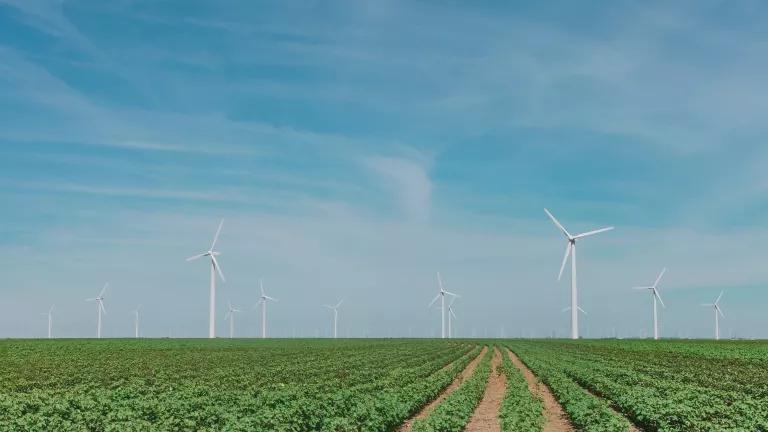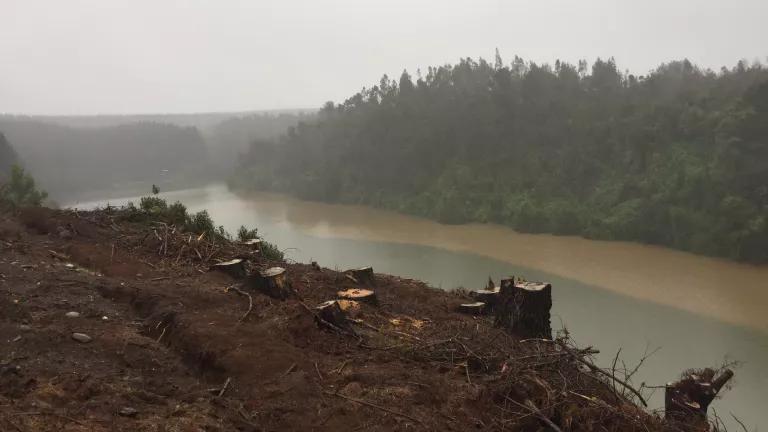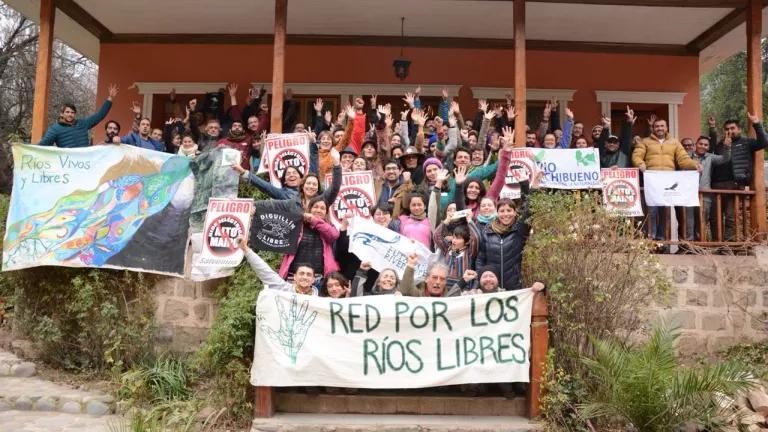Latin America Green News: 5/19 - 5/25/2017
Latin America Green News: Colombia grants rights to the Atrato River, Argentina's nuclear deal with China, electric vehicles get a boost
To get the weekly Latin America Green News blog delivered directly to your email, subscribe here.
May 19 – 25, 2017
Conservation
An estimated eight million tons of plastic waste collect in oceans annually, and if this trend continues, by 2050 the ocean would have more plastic than fish. A new alliance between Parley for the Oceans and the brewer of Corona beer intends to fight this trend by protecting 100 islands from this increasing amount of ocean waste. They will focus on six initial countries, including Chile, Mexico, the Dominican Republic, the Maldives Islands, Australia, and Italy. Parley has committed to a policy of “Avoid, Replace, and Redesign” in its operations to reduce or eliminate plastic entirely. Corona has committed to transitioning from using plastic in its packaging to either wood or metal which are less harmful. Each country will have an assigned brand ambassador to ensure that the policies are being implemented locally. (La Tercera 5/21/17)
Colombia’s Constitutional Court set a major precedent this week by ruling that the Atrato River – one of the country’s most polluted – is “subject to the rights that implicate its protection, conservation, maintenance and in this specific case, restoration.” The Court also found that the government has been neglectful by allowing the Atrato to become so polluted, and required that the government take steps to clean it up. The river begins in the Andes Mountains and, as it snakes down toward the Caribbean Sea, is fed by 15 tributaries and 300 streams. Illegal mining, logging, and other activities dump harmful waste—including mercury— into the water, which impact the local communities who depend on the river for their livelihoods. Ximena Gonzalez, one of the lawyers representing Tierra Digna, one of the NGOs that brought the case, has called the case a success but remains skeptical that the translation from court ruling to government bureaucracy will achieve meaningful changes for the local population. (Mongabay 5/22/17, Red por la Justicia Ambiental de Colombia 5/7/17, El Espectador 4/29/17)
Climate Change
The Mexican sub-secretary for Environmental Policy and Planning, Rodolfo Lacy Tamayo, gathered with the governor of Washington state to discuss cooperation on climate change and environmental issues. The sub-secretary and the governor agreed that the territories they represent share many of the challenges, and both signed a letter of intent committing to defining the proper mechanisms to achieve bilateral cooperation in the short-term. Some of the themes that came up during the discussions included maintaining clean oceans, as well as promoting scientific investigations in fields related to environmental and climate change studies. (Pagina Ciudadana, 5/22/17)
Energy
Argentine president Mauricio Macri has reached a deal with Chinese counterparts to construct two nuclear energy plants in Argentina. The deal was part of Macri’s visit to China, where the nuclear agreement was highlighted when the Argentine president met with Chinese president Xi Jinping. The two plants would be built with the help of the Chinese National Nuclear Corporation, which plan to begin construction of one plant in January of 2018, and the second plant in 2020. The plants will cost around US$ 14 billion, 85 percent of which will be initially financed by the Chinese government. This sum will be repaid during a period of 20 years, but there will be a grace period of eight years to allow the plants to begin operation. Soon after the announcement, local leaders and politicians in the region of Río Negro—where the plants would be located—promised to push back against the plan, citing environmental and security concerns. (Clarín 5/17/17, Los Andes 5/16/17, El Diario Madryn 5/19/17)
Transportation
Several of Chile’s Ministries are collaborating to promote the adoption of electric vehicles. The Chilean capital of Santiago will introduce electric vehicles during its next round of bidding for its bus rapid transit system, considering different ways to incentivize electric vehicles. There are an estimated 100 electric vehicles currently in circulation within the country, and the energy company Enel has installed about a dozen charging points in Santiago. Enel’s general manager in Chile, Nicola Cotugno, has stated that the initial investment into these technologies would cost more than US$ 20 million, but that government intervention could favor the transition towards electric vehicles. (Pulso, via Revista Electricidad 5/23/17)
Argentina is also looking to encourage electric vehicles. The government is modifying its policies to create incentives for the electric vehicle industry to flourish. The country has reduced tariffs on these vehicles and service stations have installed rapid-recharge stations. The tariffs have been reduced significantly in order to allow for up to 6,000 units to be introduced with minimal costs added. For example, a Toyota Prius that would have cost US$ 62,000 now would cost a quarter less at US$ 46,000. The national energy producer YPF has announced an investment of US$13 million to install 220 rapid-charge posts in 110 stations. Compared to gasoline, a thousand-kilometer trip could save the consumer US$ 1,400. (La Nación 5/23/17)
This week's blog features contributions from Michael Khayan.



